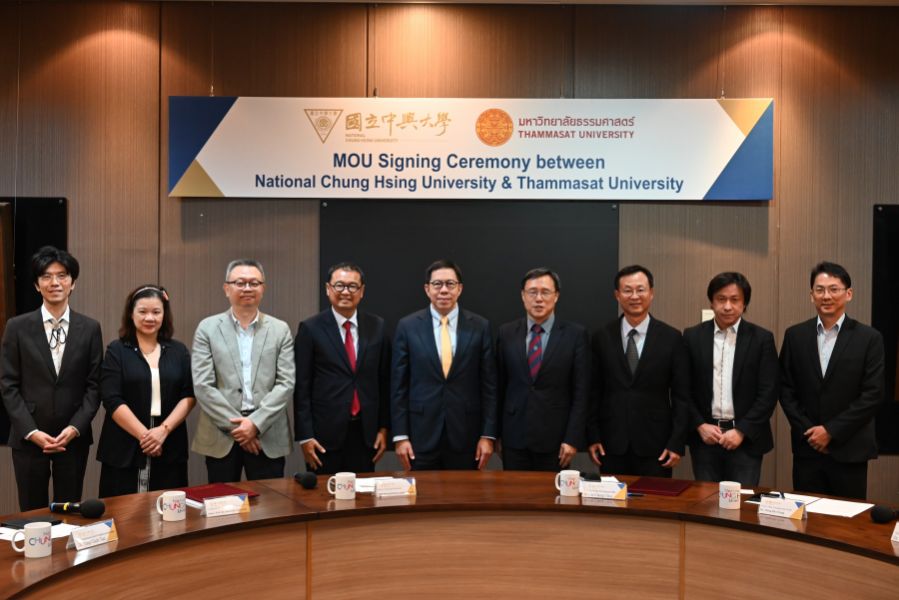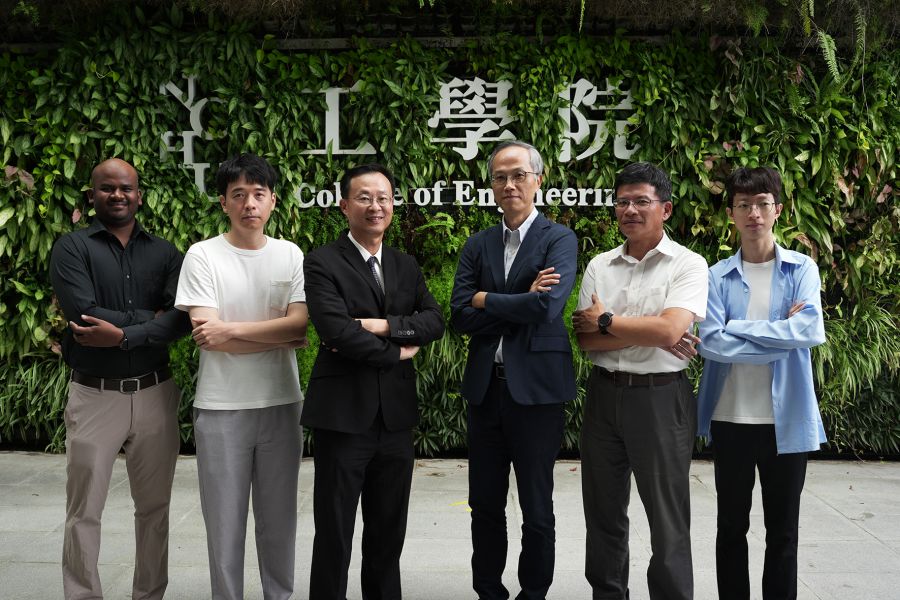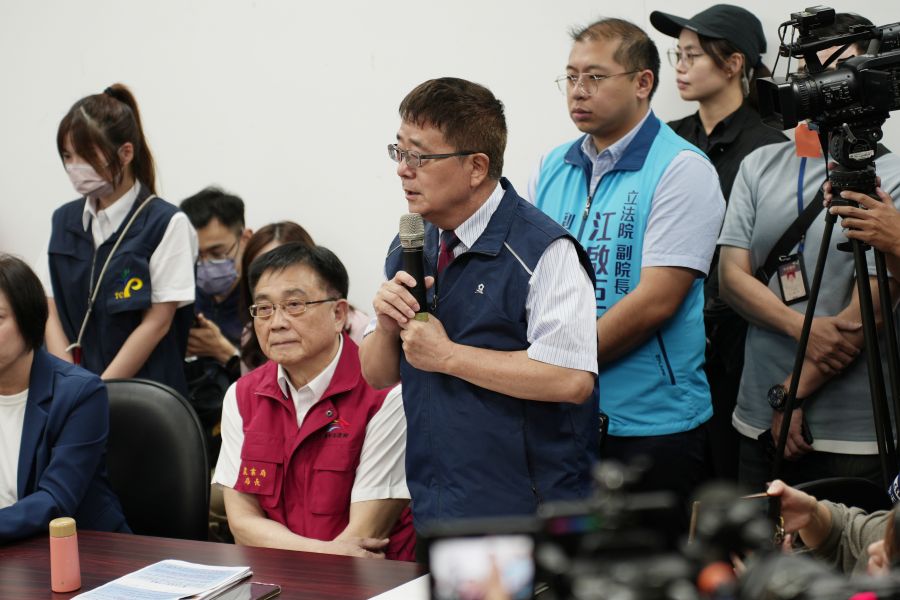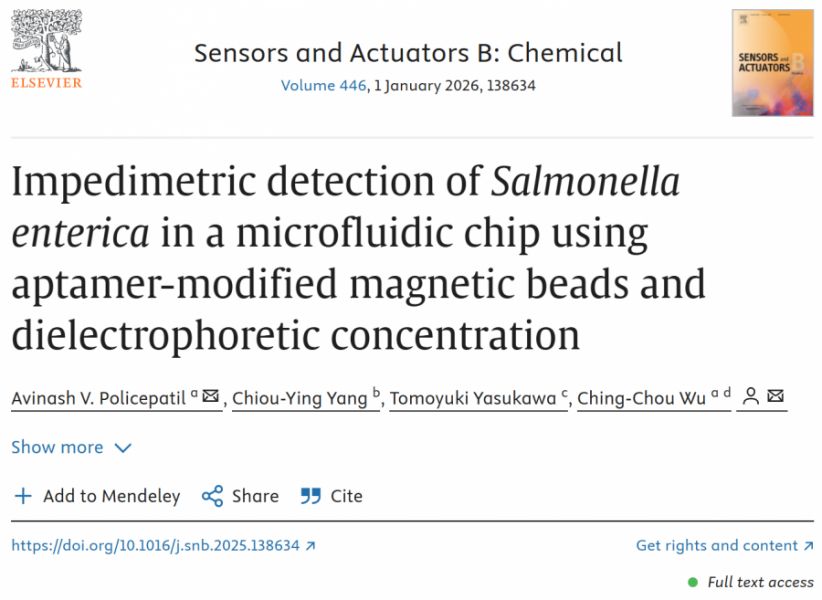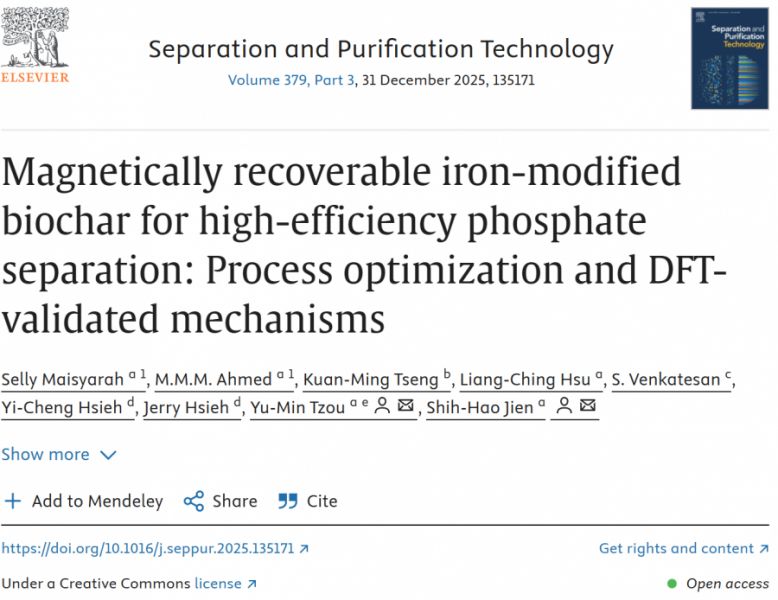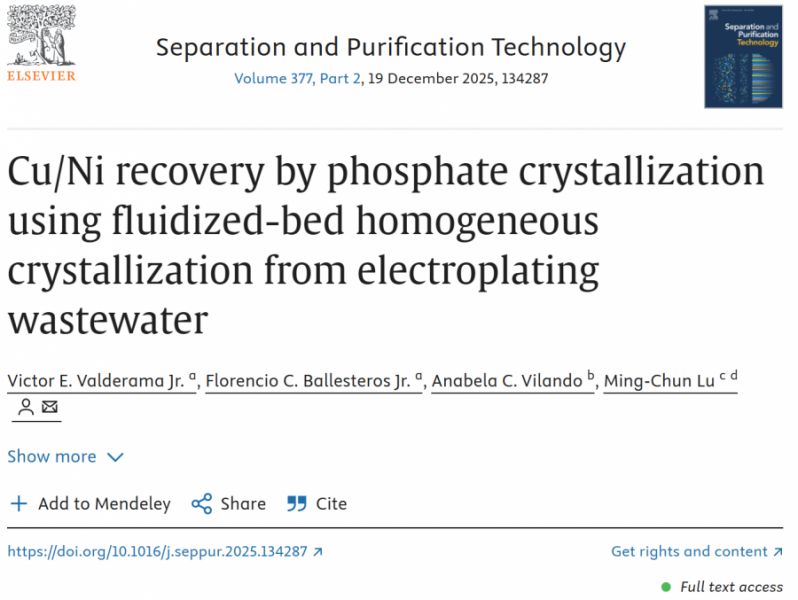A new breakthrough in Taiwan's stream ecological research! After a year of ecological survey, the inter-university team of National Chung Hsing University (“NCHU”) and National Tsing Hua University (“NTHU”) completed the rare ecological system research across the water and riverside terrestrial area in Taiwan. Taking the Houlong River watershed in Miaoli County as the sample area, the team constructed the food web model and analyzed the ecological data. The study discovered the important role that arthropods such as insects play in the food chain. In February 2022, the results were published in 《Aquatic Sciences》, a well-known international water ecology journal, and can be used as a reference for stream conservation in the future.
The biological groups covered in this study are divided into 25 ecological functional groups, including microalgae, detritus, insects, crustaceans, fish, amphibians, carnivorous mammals, and terrestrial vegetation. Distinguished Professor Hsing-Juh Lin from the Department of Life Sciences, NCHU, Professor Man-Miao Yang from the Department of Entomology, NCHU, the team of Professor Chyng-Shyan Tseng from NTHU, and Dr. Yi-Chang Liao from the Department of Entomology, NCHU divided the labor to collect the various ecological data. Finally, YI-Chang Liao and Hsing-Juh Lin carried out the data integration and constructed the ecosystem model of the stream.
The results of the study highlight that arthropods such as insects play an important role in energy transfer between water and terrestrial area in stream ecosystems and that many organisms in water and terrestrial area rely on insects as their main food source. For streams with rich vegetation along the riverside, if the terrestrial cluster is removed, a significant impact on the ecological model structure will occur. It can be seen that the riverside terrestrial area and water should be regarded as an integral and indivisible ecosystem.
As Hsing-Juh Lin said, this study presents objective scientific evidence in a more systematic way of research, showing that use of cement in the river remediation project for side slope and other works to remove the riverside vegetation will have tremendous irreversible effects on the entire stream ecosystem. It is hoped that the relevant management authorities can take into account the environmental ecology of the riverside terrestrial area in the future stream conservation policy.
Paper link: https://link.springer.com/article/10.1007/s00027-022-00850-x

Figure. New Breakthrough in Stream Ecological Research! The National Chung Hsing University and National Tsing Hua University Team Explored Houlong River Ecosystem
Figure. New Breakthrough in Stream Ecological Research! The National Chung Hsing University and National Tsing Hua University Team Explored Houlong River Ecosystem
Repost Link: https://www2.nchu.edu.tw/en-news-detail/id/441


